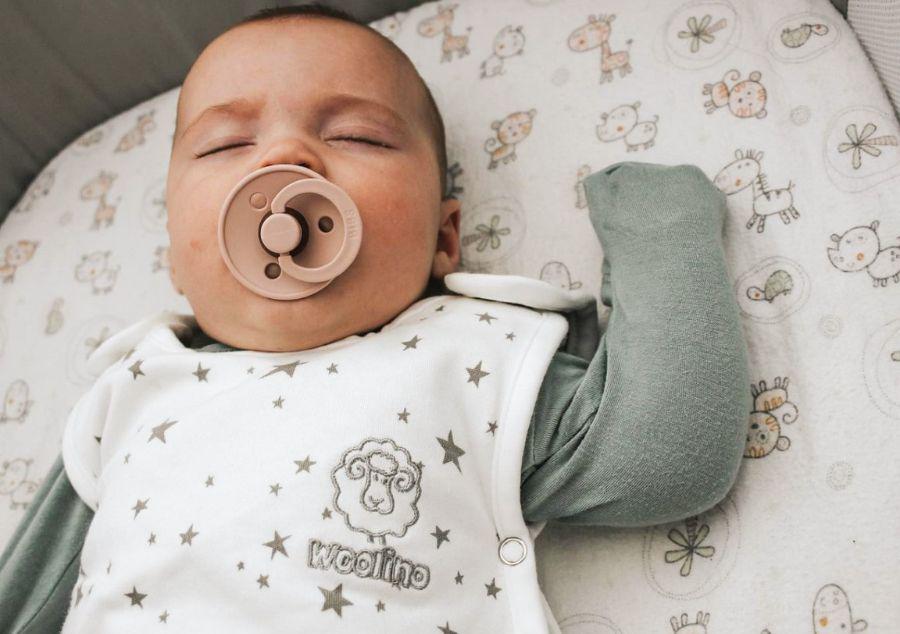Fact vs. Fiction: 3 Common Newborn Sleep Myths Debunked

Having a newborn is one of the most wonderful experiences in the world. They’re brand-new additions to your life, and once you get them home, all you want to do is snuggle together and get some much-needed sleep. Unfortunately, navigating a sleep schedule with a newborn isn’t an easy feat. Everyone has a different opinion about what you should and shouldn’t do, and the internet is full of myths that are the opposite of helpful. We’re here to help clear the air and debunk three common newborn sleep myths. Keep reading to learn more.
Myth One: Daytime Napping Can Create Day/Night Confusion
Many parents worry that allowing their newborn to nap too much during the day will lead to day/night confusion. Day/night confusion is an imbalance in the circadian rhythm that can lead to the body sleeping for most of the day while frequently waking at night. Thankfully, some guidelines can help you make sure your baby sleeps enough, both during the day and at night. Newborns should get around five to seven hours of sleep during the day and around eight hours at night, although they’ll probably wake up every few hours for feedings.
Myth Two: Babies Have a Natural Sleep Schedule
The human body has many innate features, but, unfortunately, sleep is not one of them, at least as a newborn. They’ve come into a brand-new world that’s overwhelming their senses, so sleep won’t come naturally. However, there are ways to help your baby get on a sleep schedule that follows their natural sleep cues and keeps them healthy. Creating specific nap and bedtime routines is the best way to help your baby sleep at the right time.
Myth Three: We Don’t Have To Worry About SIDS Anymore
A few months ago, scientists shared that they thought they may have finally diagnosed a major cause of SIDS, or Sudden Infant Death Syndrome. Many of these babies died in their sleep without an explanation. However, we’re learning that a problem in the brain that prevented them from waking up when they should have could have caused their deaths. While this is important information, it doesn’t mean that we’ve solved or cured SIDS. Caregivers should stay vigilant and make sure that newborns don’t overheat in their sleep or have anything around them that could cause suffocation, such as stuffed animals or blankets, along with the rest of the American Academy of Pediatrics’ recommendations they need to continue to follow.
We’ve debunked three common newborn sleep myths for you so that you can continue to strive to be the best caregiver possible. While life with a newborn is often chaotic, knowing the truth about these myths will help you navigate the chaos better. And if your newborn still struggles to sleep, try various soothing methods to get them on the right schedule, such as a baby sleep sack or a bath before bedtime. As you experiment with different options, you’ll eventually figure out what works for both you and your baby.

